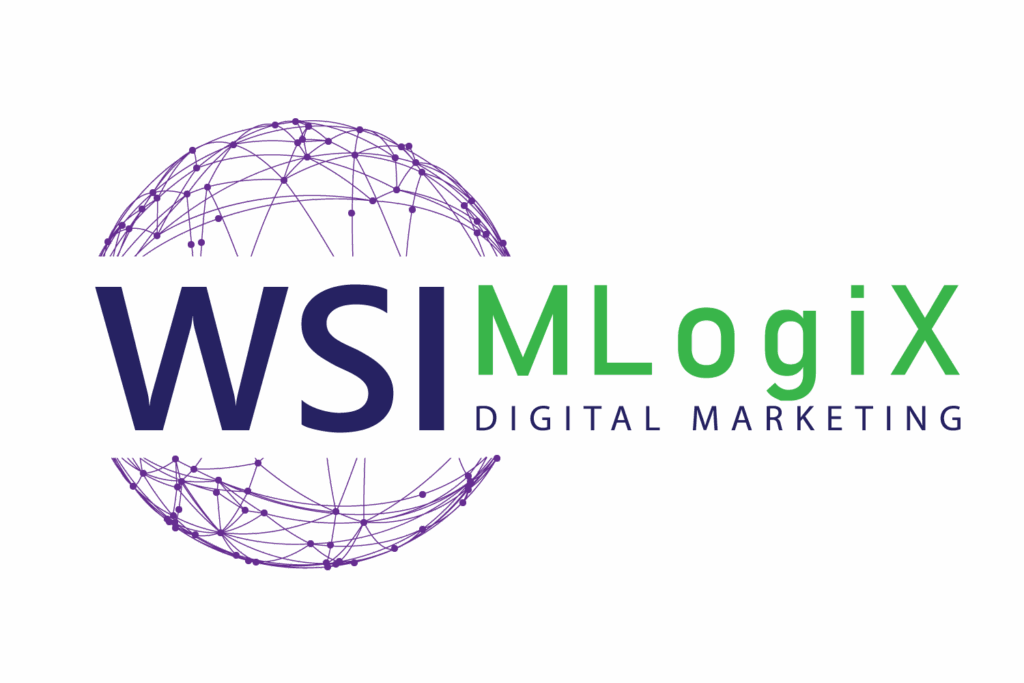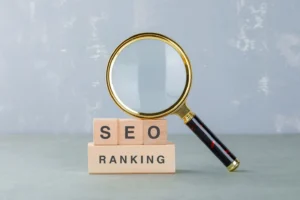Google’s March 2024 changes tightened what counts as spam, naming three frequent abuses and signaling a push toward links that exist for readers first. Add the 2022 effort to neutralize unnatural links, and any strategy built on manipulation is living on borrowed time. Durable link building now means editorial merit, topical fit, and clean disclosure.
Anchor link building in relevance and real editorial value
Links should point to pages that inform, verify, or extend the story. Google still uses links to discover pages and as a relevance cue, so make every mention worth the click for a human reader. If the page would win a mention even without search engines, it is likely future proof. That holds whether you publish in-house or hire an SEO agency Bay Area CA to help shape the pitch and the content behind it.
Practical habits that age well
- Use concise, descriptive anchors that match on-page intent.
- Cite original sources and explain why a link adds context.
- Keep helpful resources crawlable and easy to navigate, avoiding orphaned pages.
- Refresh statistics on evergreen guides so existing links keep their value.
Disclose paid, affiliate, and UGC links the right way
Paid placements, sponsorships, and affiliate mentions require clear labeling. Use rel=”sponsored” for advertising and rel=”ugc” for community links, and reserve rel=”nofollow” for links you do not endorse. Mixing values is acceptable when needed. These signals reduce risk while preserving referral traffic, even if your brand ranks for terms like SEO experts near me and runs partnerships at scale.
Retire tactics that updates quietly void
Google’s systems increasingly detect and strip credit from manufactured links. That includes automated placements, private networks, and anchor patterns designed to inflate rankings. A throwaway directory page titled best SEO services San Francisco – Bay Area will not age well if the only purpose is to pass equity. The safer path is to earn mentions from pages your audience actually reads.
Risky link behaviors to avoid
- Buying or selling links for ranking purposes.
- Scaled guest posts with near-duplicate anchors.
- Mass article syndication without editorial oversight.
- Sitewide widgets that inject keyword anchors across unrelated pages.
Know the 2024 policies before you pitch
Google documented three abuses in March 2024. If your content partnerships, guest posts, or domain acquisitions resemble these patterns, expect limited value or enforcement. Understanding them helps you design outreach that holds up during reviews.
| Policy or Guidance | What it says | Implication for link building |
| Site reputation abuse | Third-party pages on trusted domains that exist mainly to rank, with little oversight. | Contributed content must serve the host’s audience and meet its editorial bar. One-off sponsored pages on unrelated topics are risky. |
| Scaled content abuse | Mass production of pages to manipulate rankings, with little value for users. | Large campaigns need original reporting, data, or tools. Thin listicles at volume are disposable. |
| Expired domain abuse | Buying aged domains to publish low-quality content riding past signals. | If you acquire a domain, redirect and rebuild thoughtfully, or publish substantial new value, not placeholder posts. |
Thoughtful partnerships remain viable, especially when backed by a structured SEO consultation process that vets topics, sources, and audience fit for each placement for local SEO in Bay Area.
Strengthen internal linking and topical depth
Resilient profiles start at home. Clear internal links help people and crawlers find key pages, and they reduce reliance on any single external source. Create hub pages that organize important subtopics, then link related articles back to those hubs with natural anchors.
Internal linking checklist
- Keep navigation simple, with short paths to high-value URLs.
- Add contextual links between closely related articles.
- Prefer meaningful anchors over “click here”.
- Audit for orphaned content and fix dead ends.
Audit backlinks and act with restraint
Review your backlink profile periodically with affordable SEO Bay Area to spot sudden spikes, irrelevant sources, or patterns that look automated. If you control bad links, remove them. When removal is impossible, use the Disavow Tool only after attempts to clean up, and primarily when there is a manual action or a clear risk of one.
Field guide for sustainable link earning
- Publish assets people cite: data studies, calculators, glossaries, owner’s-manual style tutorials.
- Pitch editors with relevance first and explain the value to their audience.
- Label paid, affiliate, and community links with the correct attributes.
- Consolidate thin pages, and update or expand evergreen guides.
- Maintain a dependable internal linking structure so important URLs are easy to find. =
Search keeps moving, yet the common thread remains trust. Links that help readers, sit on relevant pages, and carry transparent signals keep their value through core updates and policy shifts. Keep your focus on substance, and your link profile will be far more likely to withstand the next round of spam controls.




